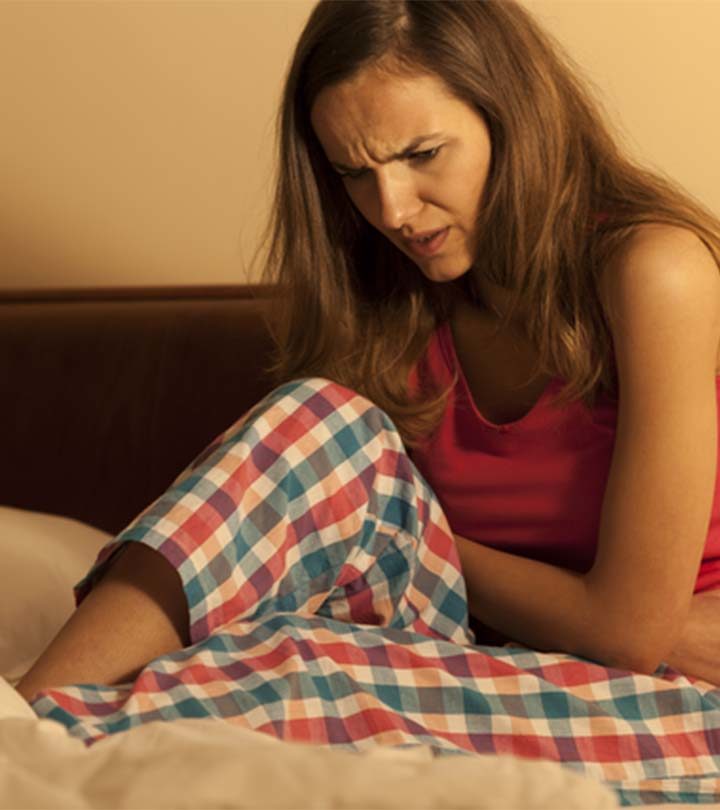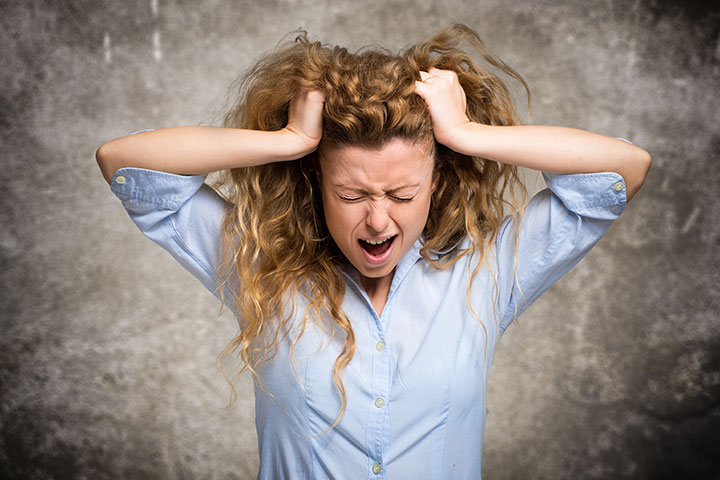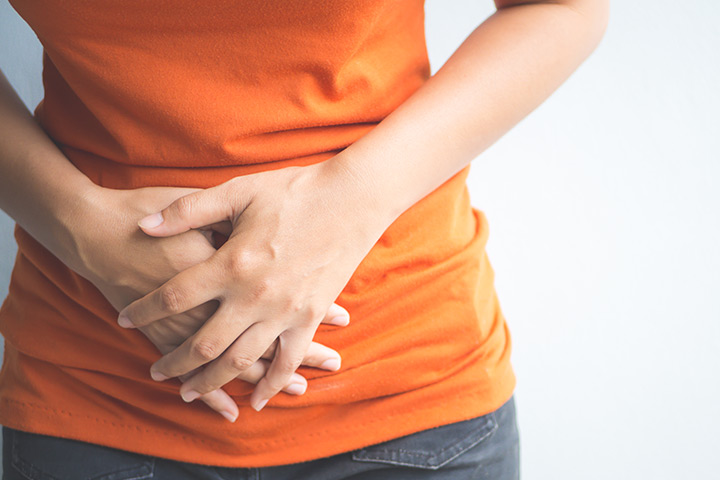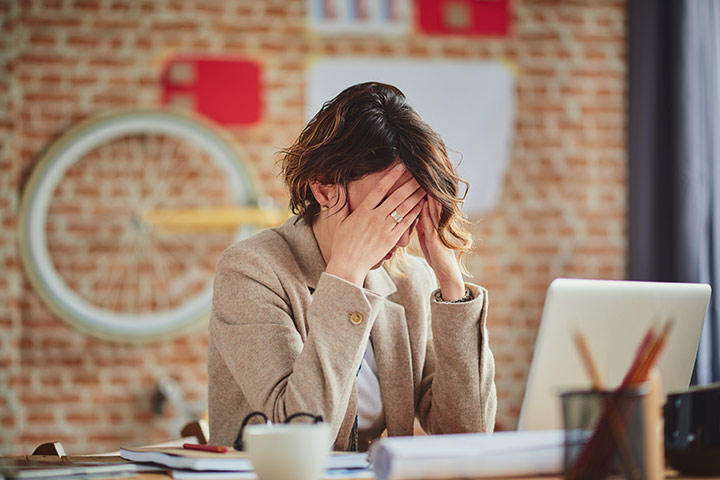
Image: Shutterstock
A woman’s menstrual cycle is a vital part of her life from the moment she achieves puberty. From her very first period (menarche) to the final cessation (menopause), it has life-changing effects on her body and mind. Which is why it is important that a woman’s periods are regular. While ideally, a woman’s menstrual cycle occurs every 28 days, most women might experience their cycles from 21 days to even 35 days (1). So, an irregular period is one which becomes longer or shorter than your usually expected schedule. There are many reasons that might result in this irregularity. Are you too concerned about your irregular periods? Here are a few common problems that may cause irregular periods:
1. Thyroid Imbalance
Any disturbance in your thyroid levels can directly affect your periods. So, whether you have high levels of thyroid hormones called hyperthyroidism; or low levels called hypothyroidism, chances are that your periods might become irregular (2). In this case, make sure you consult your doctor and undergo relevant treatment to address your thyroid concerns.
2. Regular Smoking
We all know the ill-effects of smoking on our body. Adding to the long list is its effects on your periods. Yes, not only does heavy smoking result in irregular periods (3), it can also throw your ovulation schedule off the track. This, in turn, might affect your chances of conceiving if you are trying to have a baby.
3. Nutritional Deficiency
It is common knowledge that a healthy diet is directly proportional to a healthy body and mind, including regular periods. So, if you have no underlying hormonal or lifestyle issues, and your periods are still irregular, then in all probability you need to look towards your diet. Make sure you are eating a healthy, well-balanced diet rich in nutrients, antioxidants as well as pro-biotic foods on a daily basis. Consult a nutritionist if need be.
4. High Levels Of Stress
According to a study conducted on Japanese students, it was found that psychological stress directly influenced pre-menstrual symptoms and resulted in irregular menstrual cycles in college students (4). If you are stressed for a long time, it affects the part of the brain that controls reproduction. In the process, it messes with your ovulation and can result in irregularity or stopping of your periods (5). Managing stress can help restore normalcy to your menstrual cycles.
5. PolyCystic Ovarian Syndrome
PCOS is a condition that is characterized by the appearance of multiple cysts in the ovary, causes hormonal imbalance and also results in an irregular but heavy menstrual bleeding. Almost 1 in every 10 women suffers from a polycystic ovarian syndrome that causes irregular menses (6). Consulting your doctor to check for PCOS and taking remedial treatments will help restore your cycles back to normal.
6. Work-Life Imbalance
Sometimes, a strenuous work life also affects your menstrual cycles. A study published in the BMC Women’s Health in 2016 studied the impact of rotating night shifts on the overall health of women nursing professionals. It highlighted that working in night shifts or long hours at work not only affected their overall mental and physical health but also altered their menstrual cycles thereby making them irregular (7).
7. Obesity
Just like nutritional deficiency, being overweight can also cause severe irregularities in your periods. In a study conducted on Korean girls, it was found that a majority of girls who had obesity or even abdominal obesity had increased instances of irregular periods compared to those with no obesity at all. Therefore, it is important to not only control obesity but also maintain an ideal Body Mass Index (8).
8. Strenuous Exercising
If you are overweight and already working towards losing that extra flab, then all the best to you. However, remember never to go overboard with your exercises. Yes, even strenuous or excessive exercising can result in irregular periods (9). Practice moderation in your exercises to ensure it does not drastically affect your health.
We hope that this bit of information has been helpful in understanding the reason for your irregular periods. However, it is always better to consult your gynecologist if this irregularity persists for more than two months. She’ll help you pinpoint the exact problem and suggest remedial measures. Good luck and stay healthy!





















